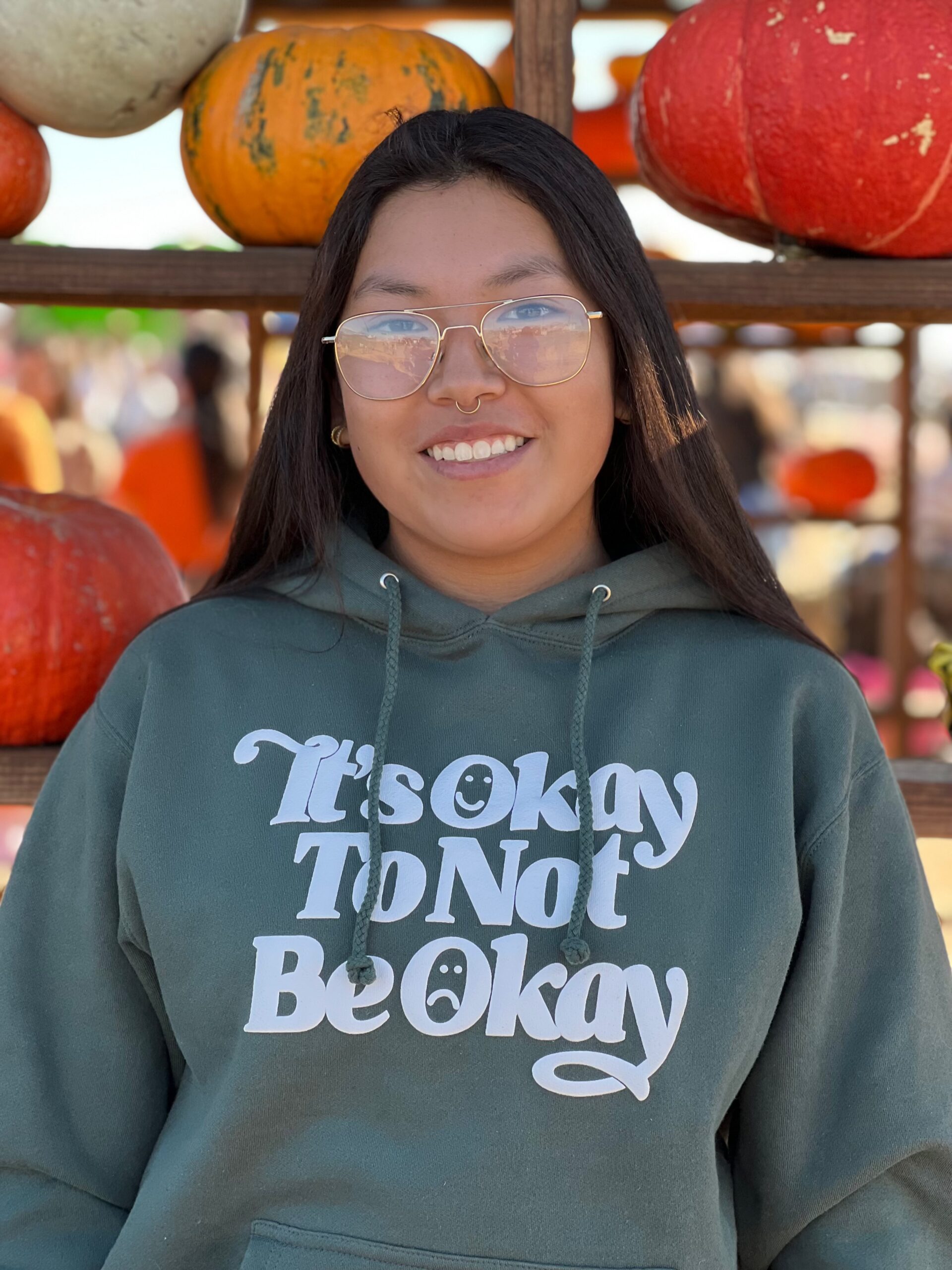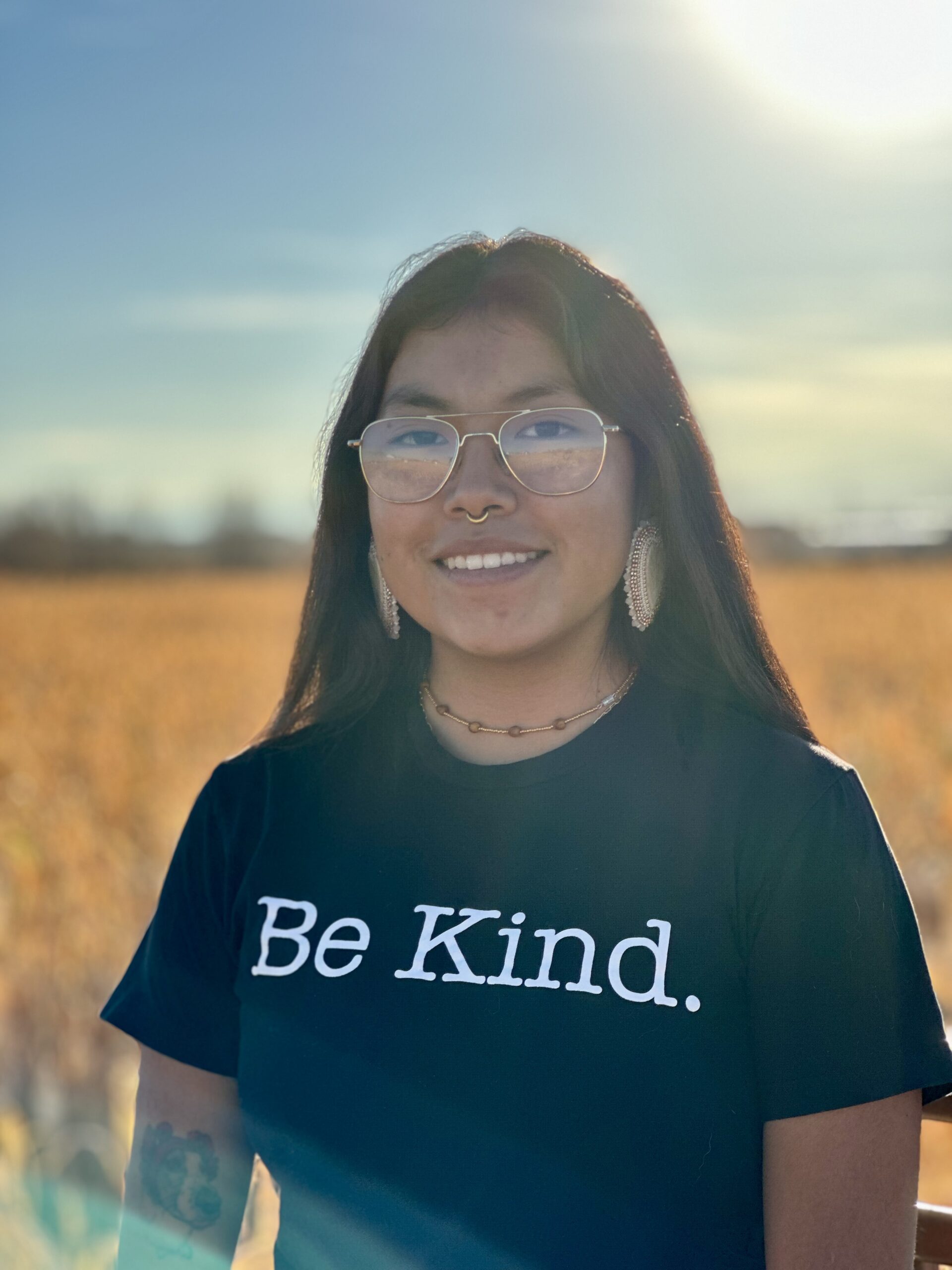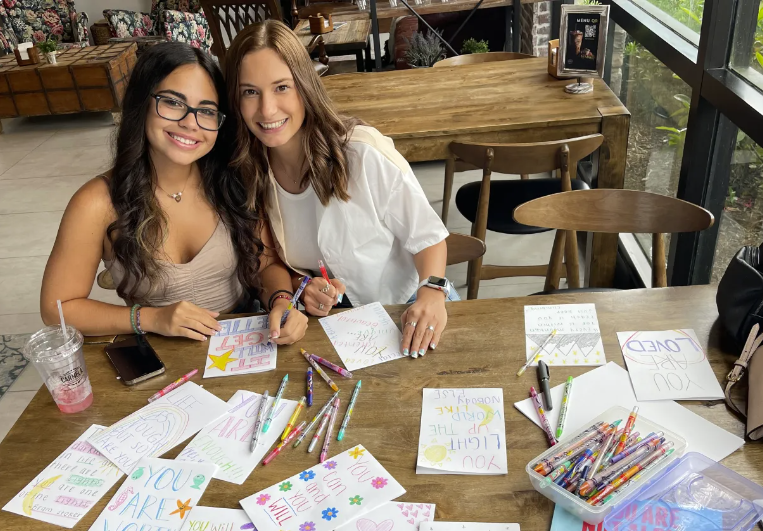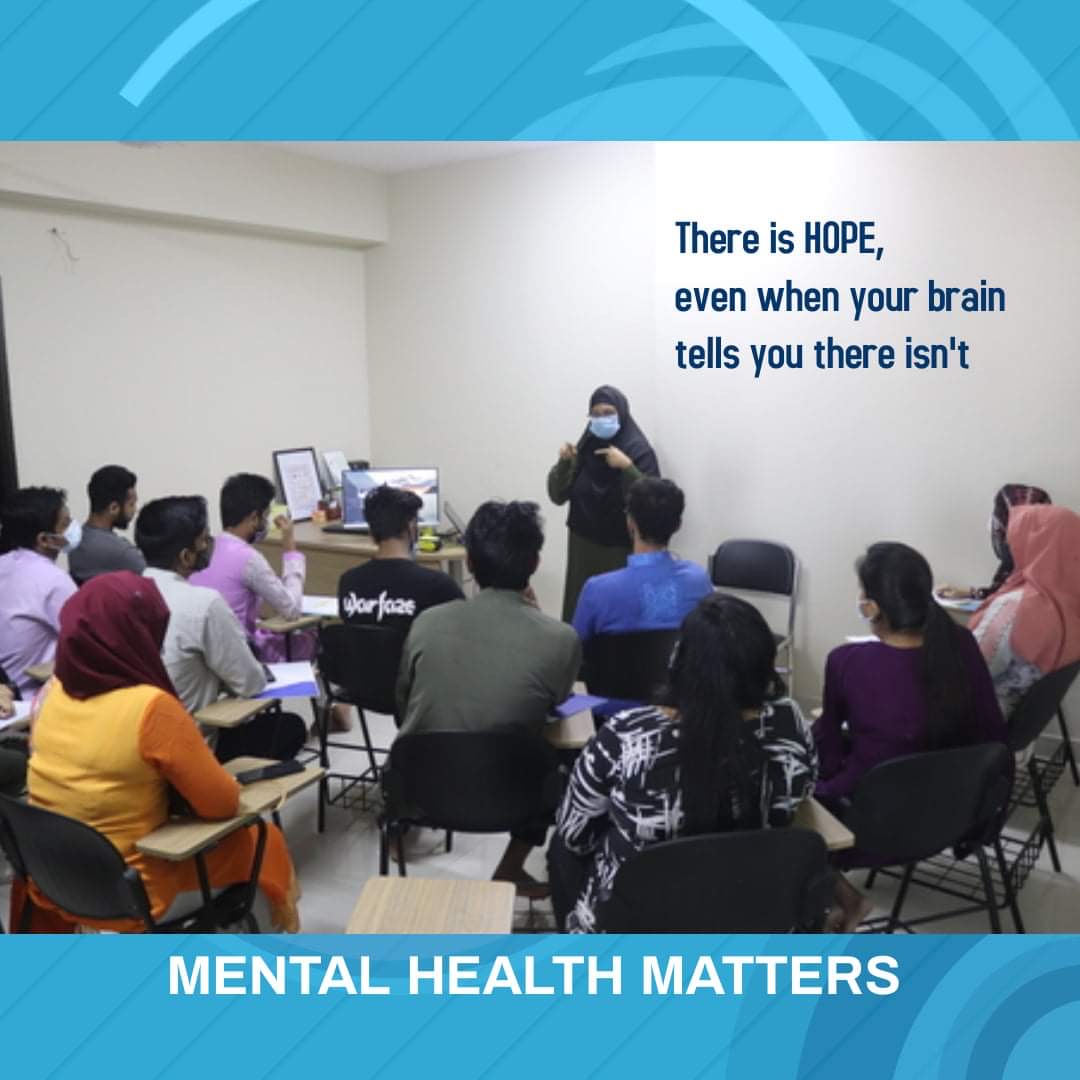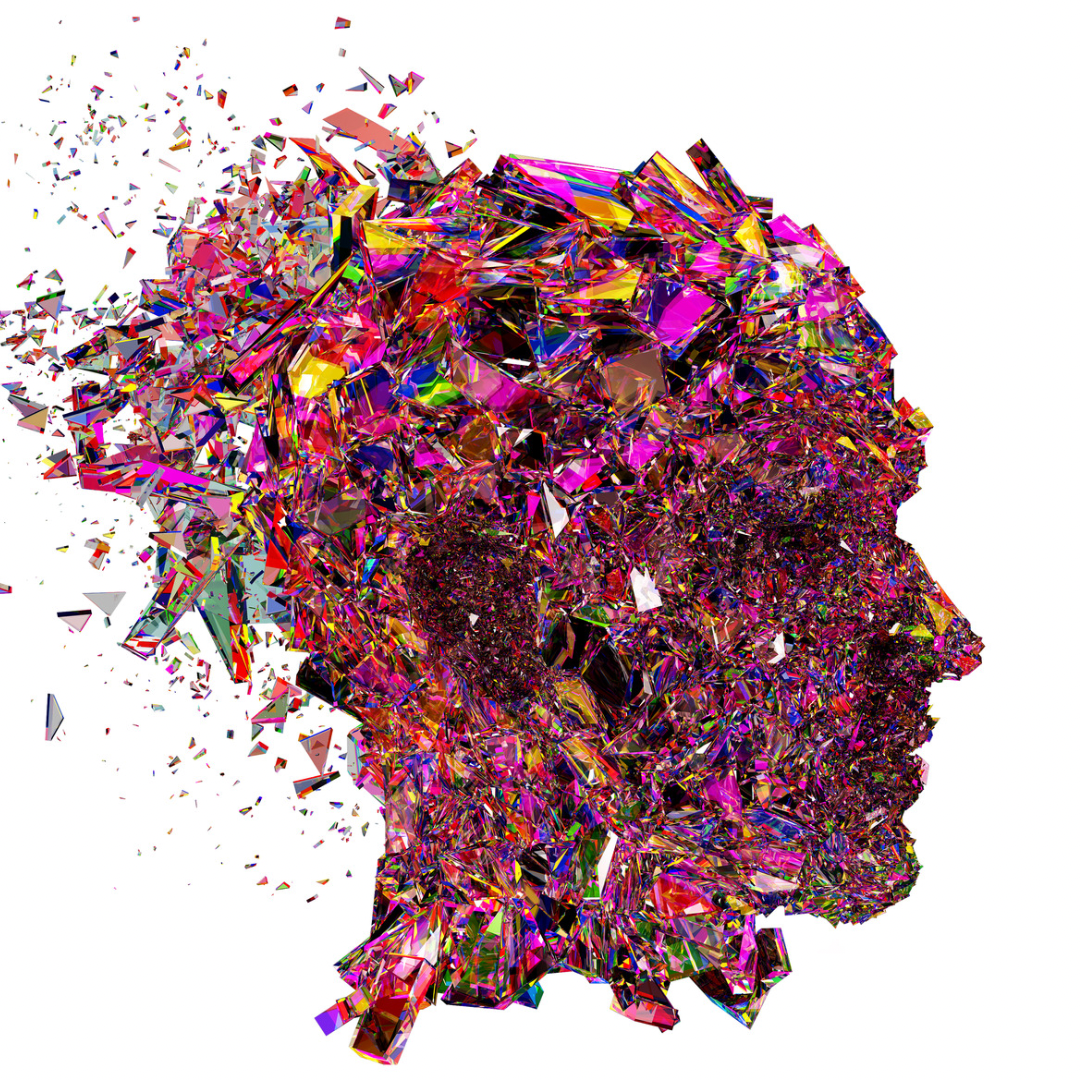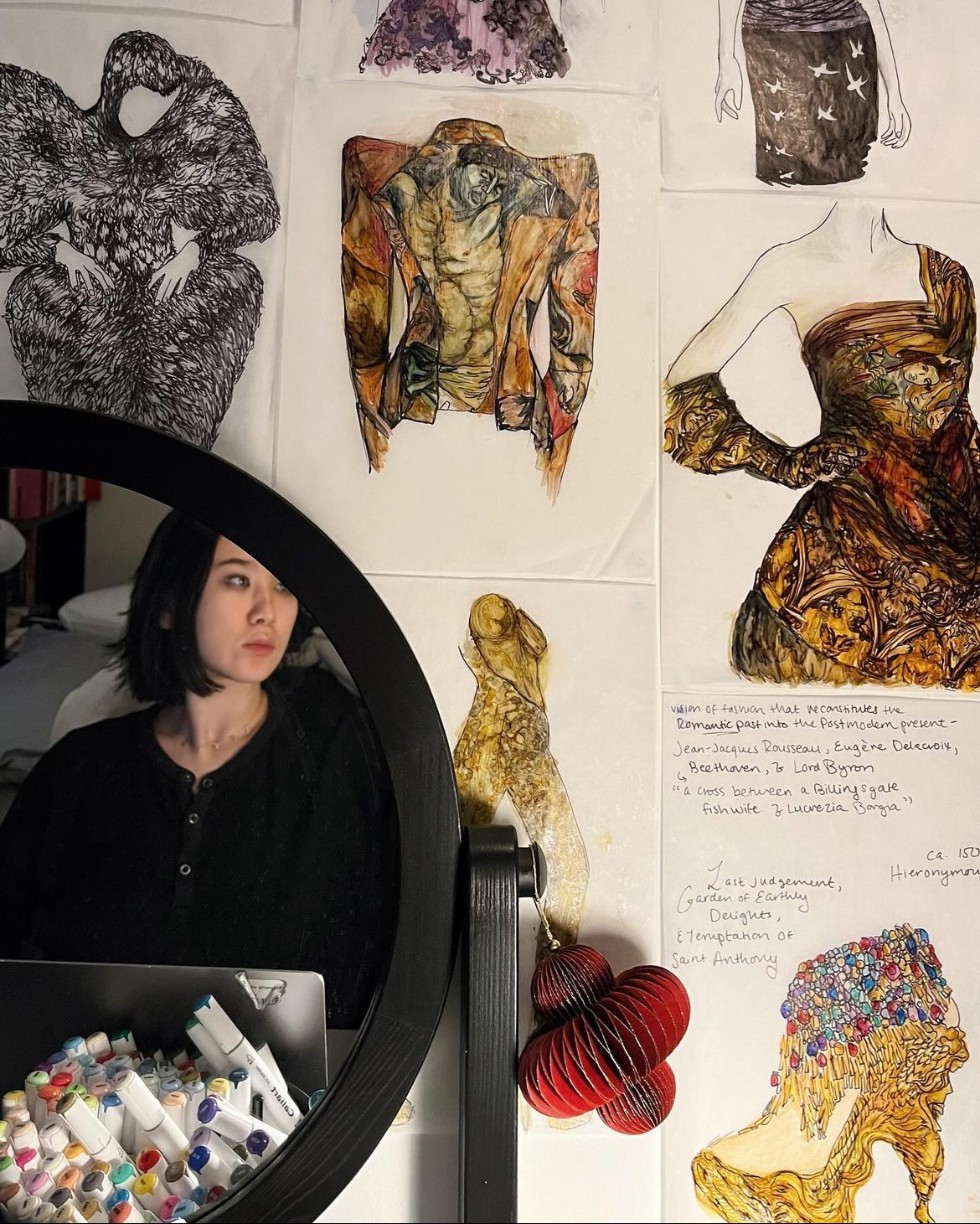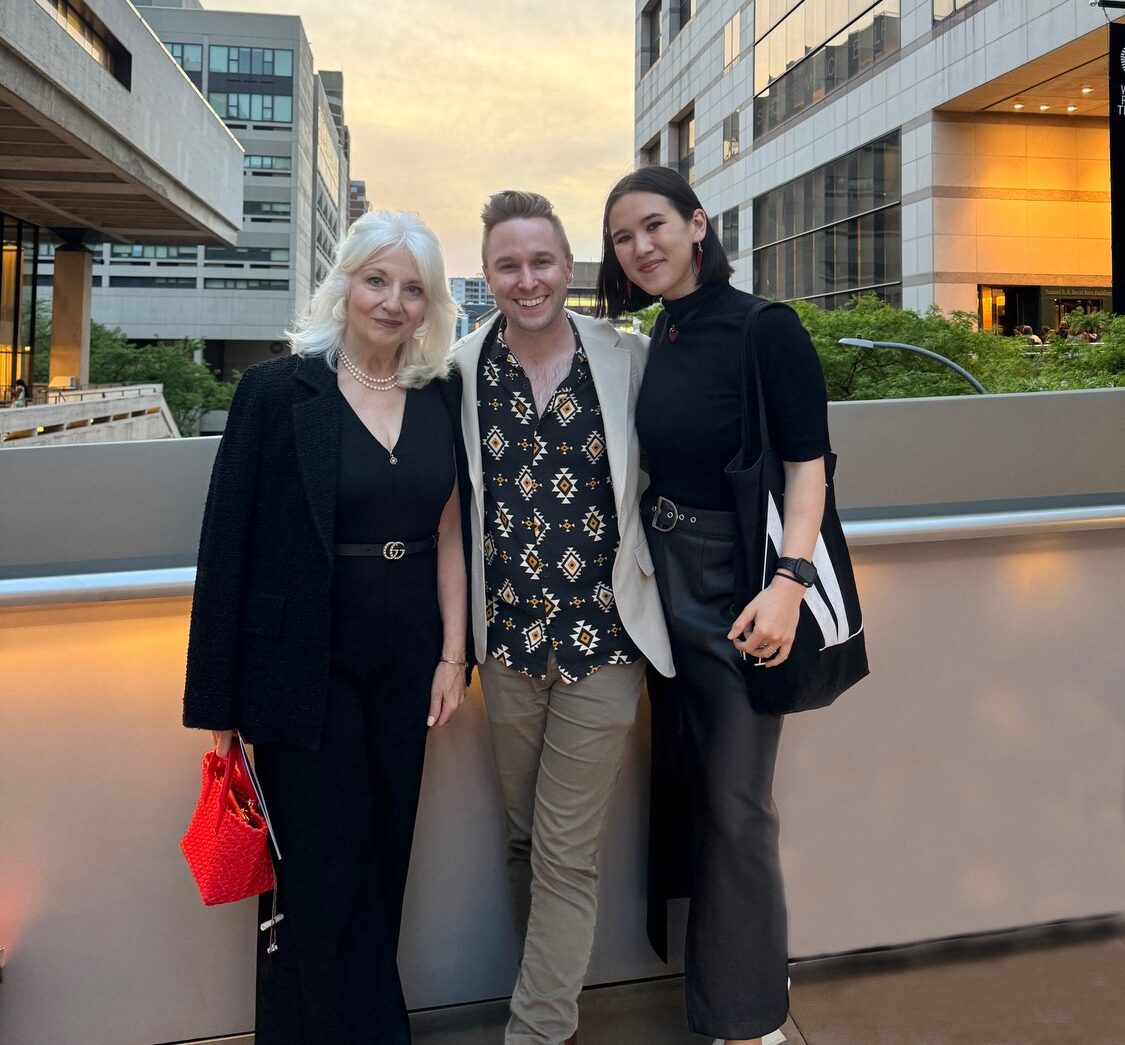Mental health is a topic that isn’t discussed as much as it should be. Although recently it has become less taboo, in rural communities this may not be the case.
Rural communities have the advantages of scenery, a slower-paced environment, and closer connections, but that can only do so much for one’s mental health. I’ve been in Wyoming for the majority of my life. The narrative here in Wyoming is that you have to be “cowboy tough.” Not only should you be tough physically, but mentally as well. You can’t show any signs of being “soft” by talking about your feelings or showing concern for others. You deal with things yourself and get over it. That’s just some of the ideologies I was surrounded by growing up in my community.
When I was in elementary school, I never gave any of these ideas a second thought. It was only when I got to middle school that I started to understand what was going on around me. Mental health was amongst one of the things you definitely didn’t talk about. You would learn about a peer taking their own life from your friends or whispers in the hallways. That would be all you would hear about it.
Once I got to high school, things got a little better but not by much. If a peer died by suicide, the school would provide support the next day, but that would be it. As for my mental health journey, my freshman year of high school was very hard on me. I felt like I had to take my traumas and thoughts on by myself because that’s the way it was. It took me getting to what felt like my lowest point to gather the strength and courage to seek help. The first therapist I met with didn’t quite meet my needs and the second therapist I met with was frankly, problematic. I acknowledge that I was privileged enough to get the opportunity to meet with two different therapists in the first place because so many others don’t get the same chance. My family tried finding another therapist for me, but out of the limited mental health professionals in my community, none of them had any availability to see new patients and had extensive waiting lists. I’ve since built my own support systems and learned coping mechanisms that help me where and when I need it most. I’ve taken this knowledge and my experience to start conversations around mental health to make this topic a more common and comfortable discussion.
This is just the beginning of a long journey as there is still a lot of work to do. According to the National Alliance on Mental Illness (NAMI), “Wyomingites are over 2x more likely to be forced out-of-network for mental health care than for primary health care — making it more difficult to find care and less affordable due to higher out-of-pocket costs.” In rural areas, there is a major lack of mental health professionals. There is a considerable need to tackle the mental health crisis in the State of Wyoming and the state has only examined the tip of the iceberg. In more remote areas, the rhetoric needs to change because it is not weak to care for yourself and others.
I’ve had to take things into my own hands. I felt as if there was no one around to support me. Once I opened up though, I felt relief when I realized I wasn’t alone. Being “cowboy tough” doesn’t mean you have to suffer in silence. For others who may feel like they’re trapped and have to take things on their own, I want to say that it will get better. Even if you feel like your own community wouldn’t get what you’re going through, there are other communities that do.
There are plenty of people out there who share similar experiences and stories. Just because we live in rural areas, doesn’t mean we’re completely isolated.




